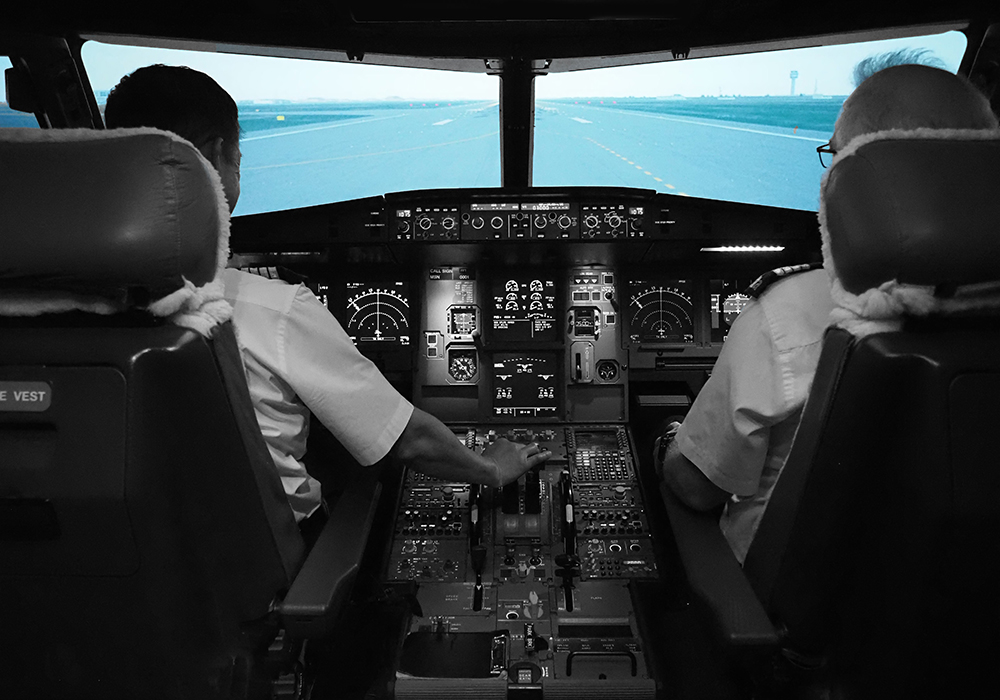Anyone looking into how to become a commercial pilot must understand the strict mental and physical standards set by aviation authorities. These requirements ensure pilots are capable of handling responsibility, maintaining safety, and performing under demanding conditions. It is not only about flying skills but also about proving long-term readiness to manage one of the most challenging professions in the world.
Mental Requirements
Pilots must demonstrate strong mental fitness to manage the complexities of aviation. To qualify, they are expected to show competence in several areas:
- Quick decision-making: Ability to act fast during emergencies or technical issues.
- Situational awareness: Monitoring instruments, weather, and air traffic at the same time.
- Stress management: Staying calm during long flights and irregular schedules.
- Emotional stability: Maintaining focus in high-pressure conditions.
- Communication skills: Speaking clearly with crew, controllers, and passengers.
Together, these qualities ensure that pilots can remain effective and reliable in even the most challenging circumstances. They help maintain professional confidence and prevent errors during critical moments.
Physical Requirements
Along with mental strength, a commercial pilot must also meet strict physical standards. These checks focus on:
- Vision: Clear near and distant vision, with corrective lenses allowed in some instances.
- Hearing: Ability to follow radio communication without errors.
- Cardiovascular and neurological health: Ensuring no conditions that may cause sudden incapacity.
- General fitness and stamina: Coping with long working hours and demanding shifts.
- Regular medical examinations: Routine checks to confirm ongoing eligibility.
These conditions make sure that every pilot is physically capable of carrying out their duties safely throughout their career. They also help aviation authorities identify any potential health risks before they become problems in flight.
Why Standards Are Essential
These requirements are crucial for safety. Pilots carry responsibility for many lives, and both mental and physical health directly affect their performance. International aviation bodies enforce consistent rules to ensure all pilots meet the same global safety standards. Meeting these criteria builds trust between airlines, passengers, and regulators.
Meeting Licensing Standards
Anyone preparing to become a commercial pilot should know that medical and mental checks are required before training begins. Only candidates who meet these standards can progress to advanced flight training and full licensing.
In Australia, the CASA pilot license confirms that a pilot has passed all mental and physical assessments under national aviation rules. This certification ensures they are fully prepared to operate commercial aircraft safely.
Ongoing Commitment
Maintaining health is not limited to the licensing stage. Pilots must continue meeting these standards by:
- Attending periodic medical assessments.
- Maintaining fitness through healthy routines.
- Following the aviation body updates on health requirements.
By consistently meeting these standards, pilots show dedication to their profession and safeguard their eligibility to fly. Holding a CASA pilot license proves this ongoing responsibility and discipline, making it a key marker of long-term professional commitment.
Conclusion
Commercial pilots must meet strict mental and physical requirements to ensure safety and competence. Decision-making skills, emotional stability, good health, and routine checks all contribute to maintaining professional standards. These requirements ensure every licensed pilot remains fit to fly and capable of meeting the high expectations of global aviation.


